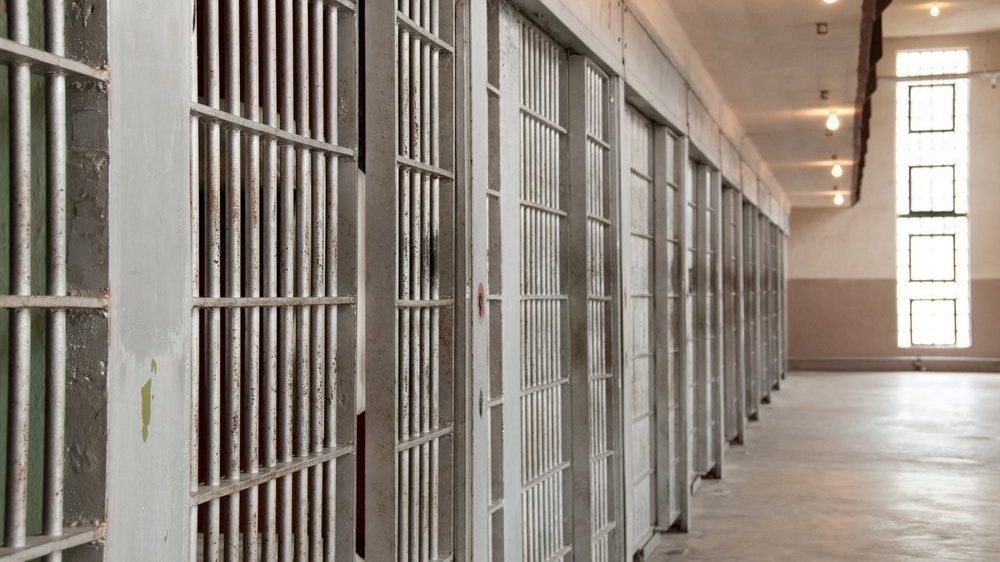Senate approves ‘productivity credits’ that would reduce prison time
Rick Pluta December 16, 2024The credits would go toward helping inmates become eligible for parole more quickly.

Inmates could see their time in prison reduced if they earn education credits or complete job training or other approved activities under bills approved by the Michigan Senate. The credits would go toward helping inmates become eligible for parole more quickly.
The bills were adopted with bipartisan support and bipartisan opposition.
Sen. Jeff Irwin (D-Ann Arbor), a bill sponsor, said the program would help felons prepare for life outside prison and something constructive to occupy their time before that.
“So, allowing folks to be productive in prison and have some sort of benefit from that creates an incentive structure that creates more safety in the prisons and it gets more folks doing the programs that will help them be successful on the outside,” he said.
Sen. Ed McBroom (R-Waucedah Twp.), also a sponsor, said the bills would offer hope and encouragement for convicted felons to prepare for life after prison.
“What incentive can we offer someone behind bars that’s stronger than the opportunity to get out from behind those bars?” McBroom asked. “There is no stronger incentive available.”
But Sen. Thomas Albert (R-Lowell) said the bills, while well-intended, go too far.
“Supporters may say that this package will help inmates prepare to become functioning members of society by helping them learn key skills,” he said. “I say we have and can continue to do that without provisions that would allow their minimum sentences to be reduced.”
Albert said the state has already dramatically reduced the number of inmates held in prisons, which is saving taxpayers money. Also, he said the bills would be unfair to victims who expect offenders will serve out at least the lower end of their sentences.
Opponents also say the bills may run afoul of Michigan’s truth-in-sentencing law, which ended good behavior credits that could reduce set mandatory minimum prison time before becoming eligible for parole.
The bills now go to the state House, where they would have to be voted on this week to be adopted before the end of the legislative session.
Trusted, accurate, up-to-date.
WDET strives to make our journalism accessible to everyone. As a public media institution, we maintain our journalistic integrity through independent support from readers like you. If you value WDET as your source of news, music and conversation, please make a gift today. Donate today »Author
-
 Rick Pluta has been covering Michigan’s Capitol, government, and politics since 1987.
Rick Pluta has been covering Michigan’s Capitol, government, and politics since 1987.
